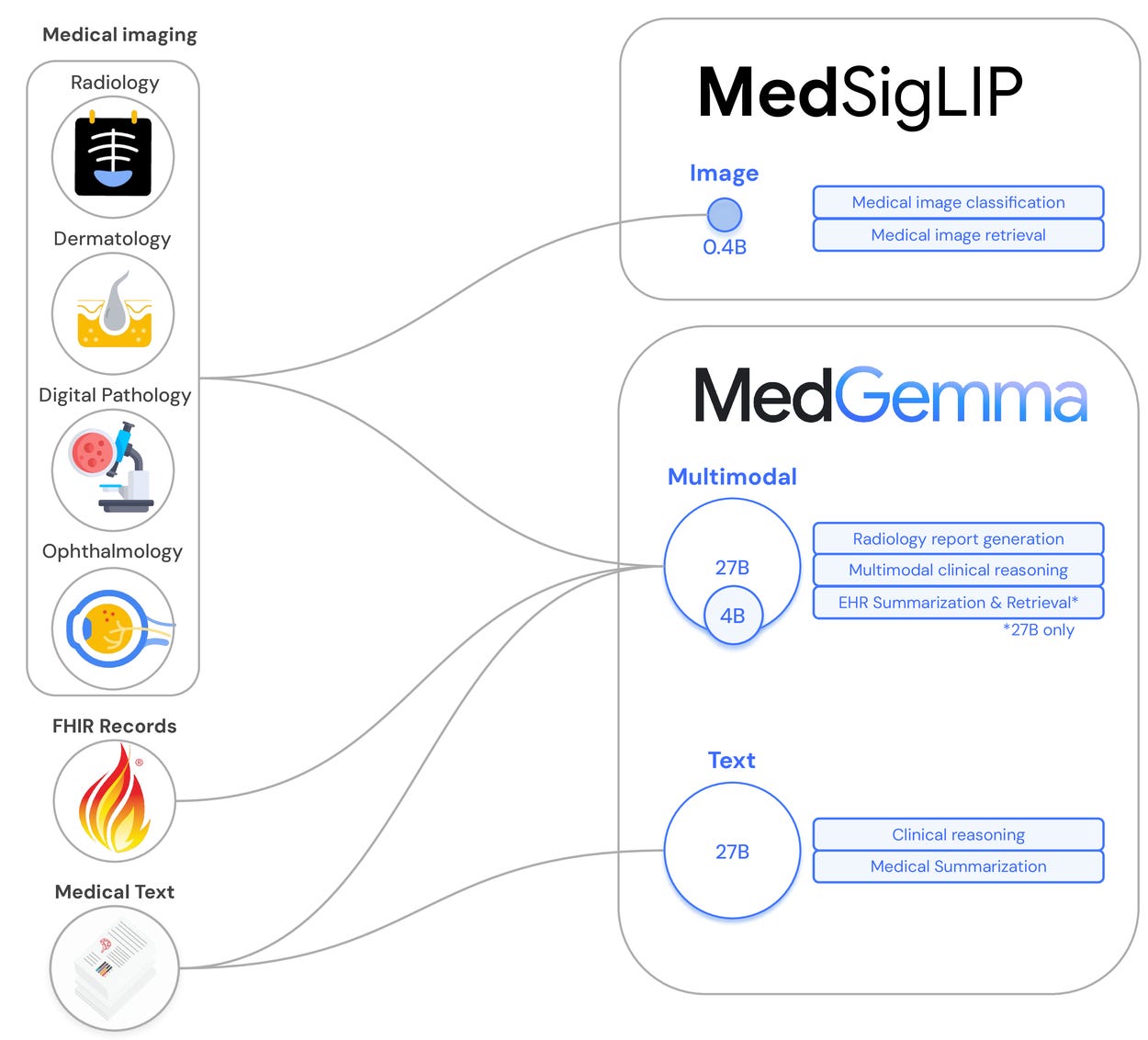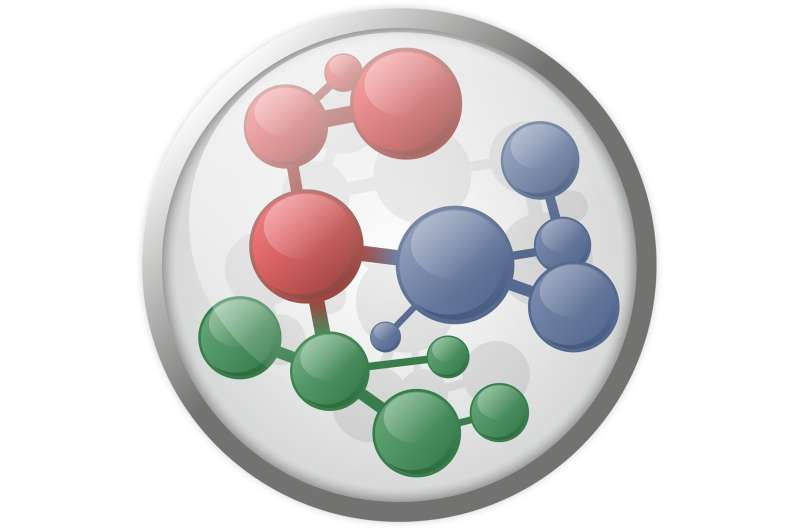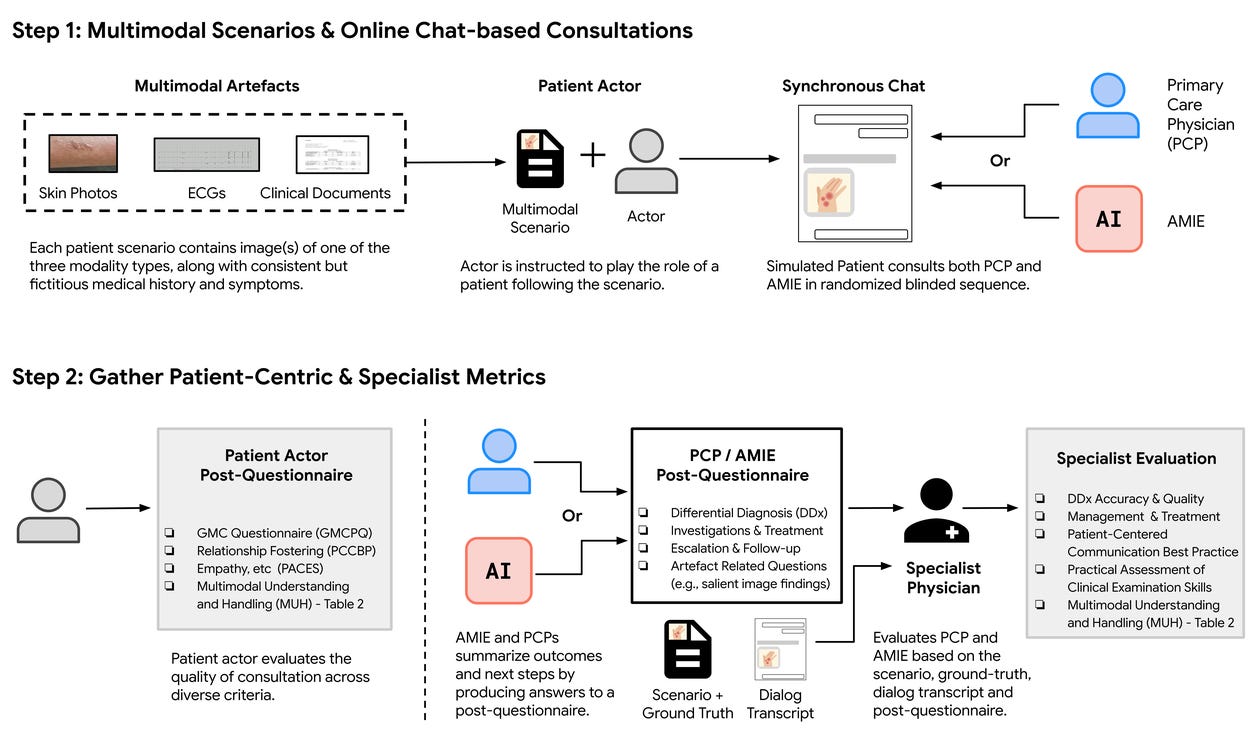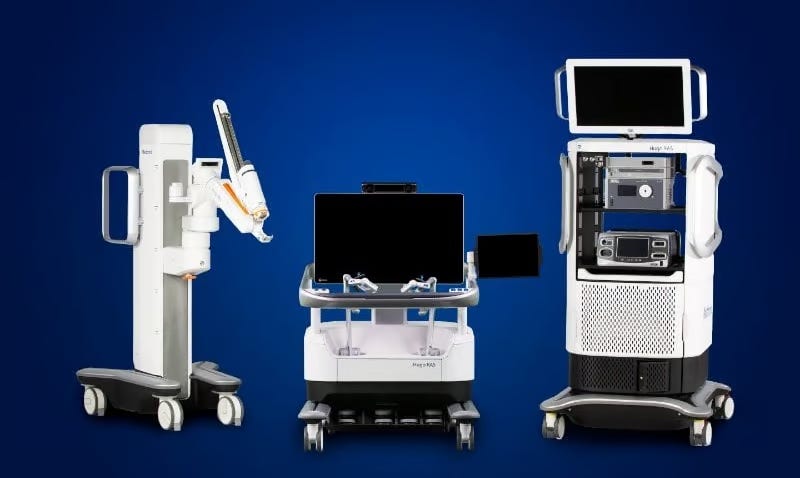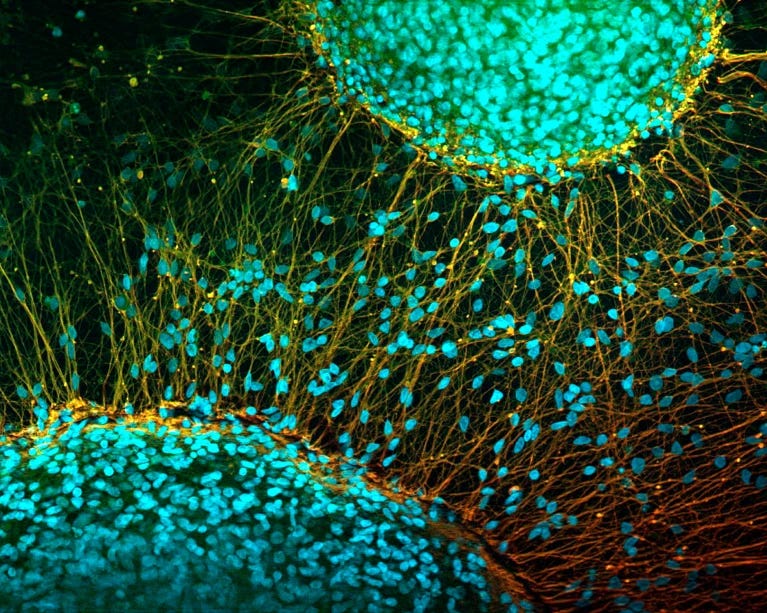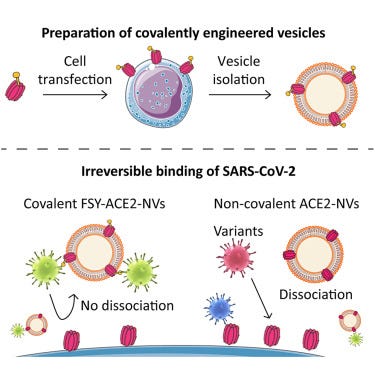🤰🏽 Automated Conception | 💉 Cancer Vaccines | 🧬 Genetic Insights | 👩🏻⚕️ AI Therapies | 🏋 Weight-Loss Shakeups
Description
🤰🏽 Automated Conception | 💉 Cancer Vaccines | 🧬 Genetic Insights | 👩🏻⚕️ AI Therapies | 🏋 Weight-Loss Shakeups
-----------------------------------------------------------------------
Automated IVF: First “Robot-Conceived” Baby
Researchers have announced the birth of the first baby conceived via a fully automated IVF system, where specialized devices handled fertilization steps without direct human manipulation. The technology aims to lower costs and boost success rates by minimizing human error. Early results are promising, but large-scale adoption will rely on robust clinical validation.
Implications: If automated IVF proves reliable, it could expand fertility treatment access worldwide and streamline reproductive medicine.
Skin Cancer Vaccine Trial on NHS
A pioneering trial on Britain’s NHS will test a personalized skin cancer vaccine that trains the immune system to recognize tumor-specific markers. Early data suggests a drop in relapse rates and prolonged patient remission. The vaccine is being paired with standard therapies to enhance immune response.
Implications: If successful, personalized vaccines could redefine oncology, with tailored treatments driving better outcomes and fewer side effects.
Large-Scale Genetic Study Reveals New Disease Markers
A major international consortium has identified numerous genetic variants linked to complex diseases, such as autoimmune disorders and heart conditions. By scanning tens of thousands of genomes, scientists uncovered previously hidden markers that could improve early diagnosis. Researchers hope to translate these insights into targeted screening tools and therapeutic strategies.
Implications: This expansive genetic catalog may lead to earlier interventions and more precise treatments, ultimately transforming personalized medicine.
AI and Nanotech Team Up Against Oral Cancer
Scientists have fused AI-driven image analysis with targeted nanoparticles that deliver drugs straight to cancerous cells in the mouth. Early lab results show enhanced treatment precision, minimizing harm to healthy tissues. Real-time data feedback from the AI platform refines the therapy as it progresses, promising more dynamic and effective cancer control.
Implications: This high-tech hybrid could pave the way for minimally invasive treatments with fewer side effects, revolutionizing how we tackle oral malignancies.
Pfizer Drops Oral GLP-1: Blow to Obesity Pipeline
Pfizer has discontinued development of its oral GLP-1 agonist after liver injury concerns emerged during trials. The candidate had been touted as a game-changing obesity therapy, promising convenience over injectables. This setback leaves a gap in Pfizer’s metabolic pipeline, raising questions about next steps in the booming weight-loss drug market.
Implications: As competition heats up, safe and effective oral treatments remain elusive, pushing researchers toward more selective targets or alternative drug classes.
Gastric Bypass in a Pill? Syntis Bio’s Ambitious Approach
Syntis Bio claims to be developing a weight-loss pill that mimics the metabolic effects of gastric bypass surgery without the invasive procedure. By altering gut hormone signals and nutrient absorption, it aims to replicate the surgery’s dramatic weight-loss results. While early lab data shows promise, human trials are needed to confirm efficacy and rule out severe side effects.
Implications: If a safe, pill-based alternative to bariatric surgery emerges, it could revolutionize obesity management—though scaling such technology will face stringent regulatory scrutiny.
Thank you for reading! Stay tuned for more discoveries pushing the boundaries of healthcare, biotechnology, and beyond.
This is a public episode. If you would like to discuss this with other subscribers or get access to bonus episodes, visit weeklybreakthroughs.substack.com






